PDD Quiz: Prohibition in the Twin Ports
To mark the centennial of the start of nationwide Prohibition, this week’s quiz explores how residents of the Twin Ports adapted to (and circumvented) laws banning alcohol.
The Zenith City website, the Northeast Minnesota Historical Center collections, and the book Naturally Brewed, Naturally Better: The Historic Breweries of Duluth and Superior by Pete Clure and Tony Dierckins were all invaluable sources of research for this quiz.
The next PDD quiz, reviewing headlines from March 2020, will be published on March 29. Please submit question suggestions to Alison Moffat at [email protected] by March 26.
Results
You know your local history! Cheers to you!
Recommended Links:
Better luck next time!
Recommended Links:
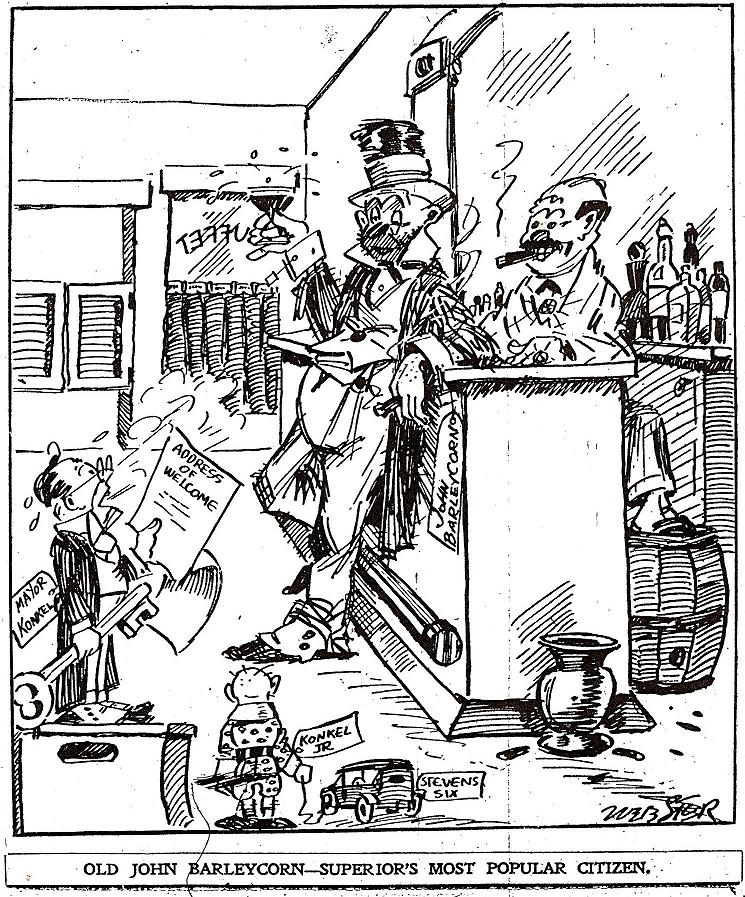
#1. Both Duluth and Superior went dry prior to nationwide Prohibition under the Eighteenth Amendment. Which city went dry first?
Superior voted to go dry in 1915.The city reversed course less than one year later and became wet again, then voted to go dry once more.
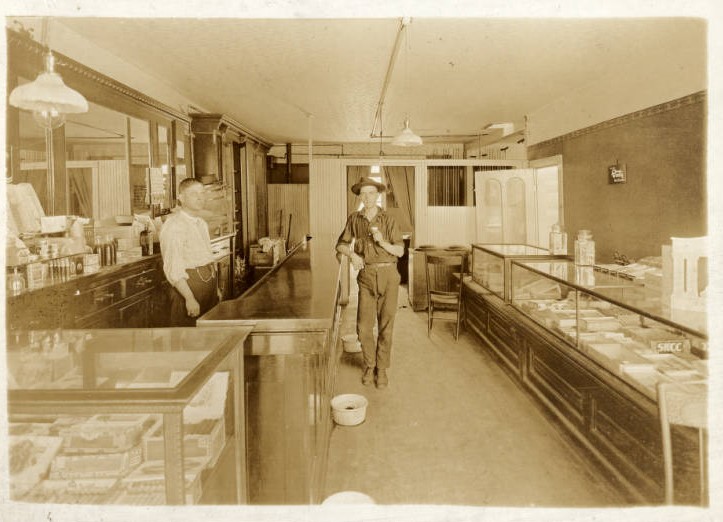
#2. In what year did Duluth go dry?
Duluth went dry on July 1, 1917.
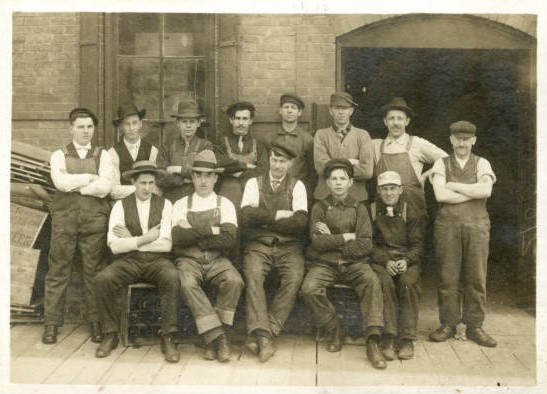
#3. The Village of Lakeside’s charter prohibited the sale of alcohol when it was established in 1889; this prohibition remained for a number of years after Lakeside became part of the city of Duluth. In what year did Lakeside go wet?
The Growler has more on Lakeside’s dry history here.
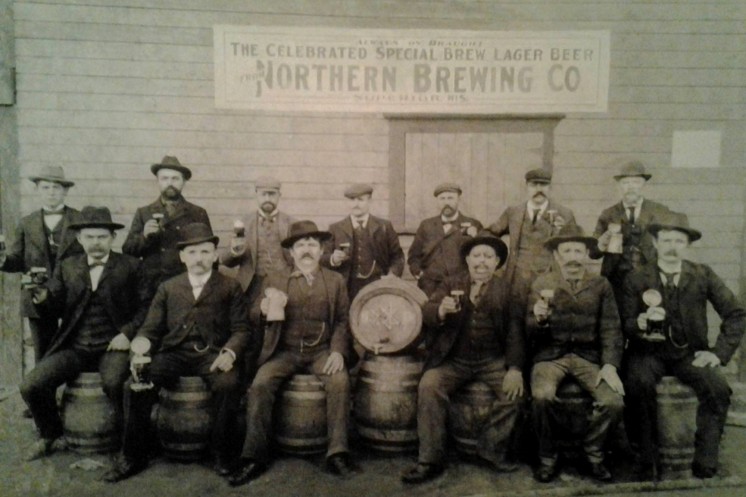
#4. An 1897 Duluth ordinance prohibited the sale of alcohol to this population.
A post-Prohibition Duluth law passed in 1933 forbade women from consuming alcohol at bars in clubs, hotels, and restaurants; that law was ruled unconstitutional in 1963. Read about more post-Prohibition laws on the Zenith City website.
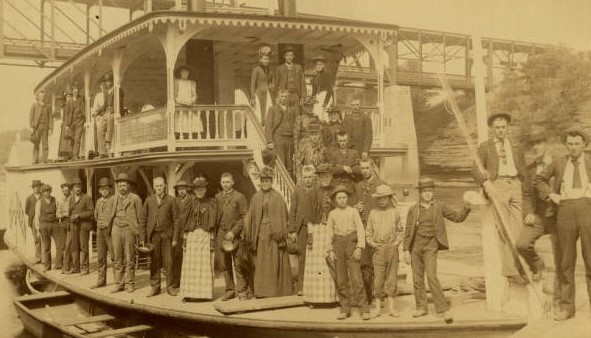
#5. Two days before national Prohibition took effect, the Eagle Liquor Store in this village drew crowds from Duluth and Superior (both already dry) and was robbed of $2,903.
According to a Duluth News Tribune article published on June 30, 1919, Oliver had “three wholesale liquor houses and one saloon” at the time and it “took hours to get from the Duluth end of the bridge to the other side” because “automobiles, trucks, and horses blocked the passage.”
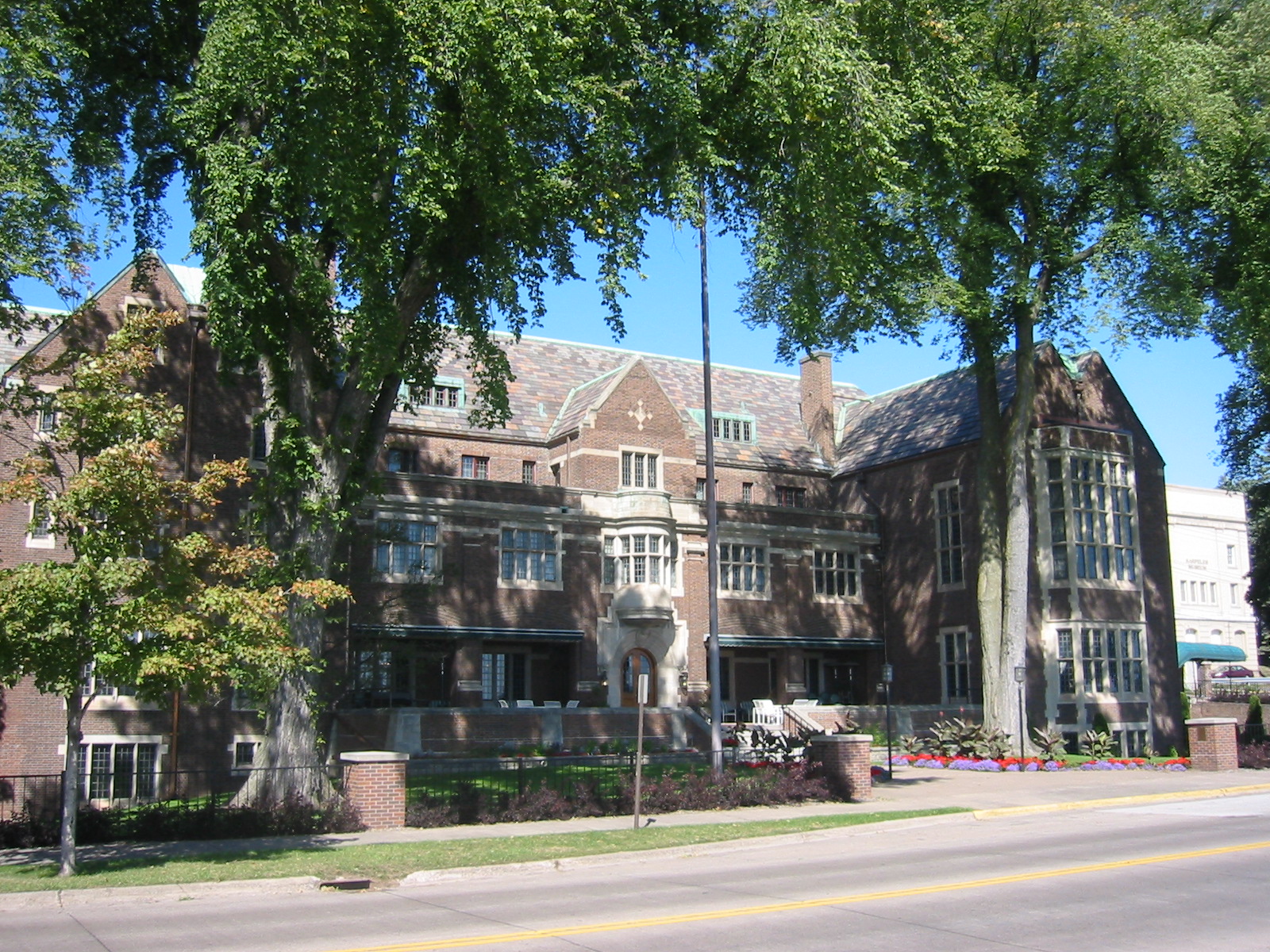
#6. Members of this club could keep alcohol in private lockers during Prohibition.
Read more about the history of the the Kitchi Gammi Club on the Zenith City website.
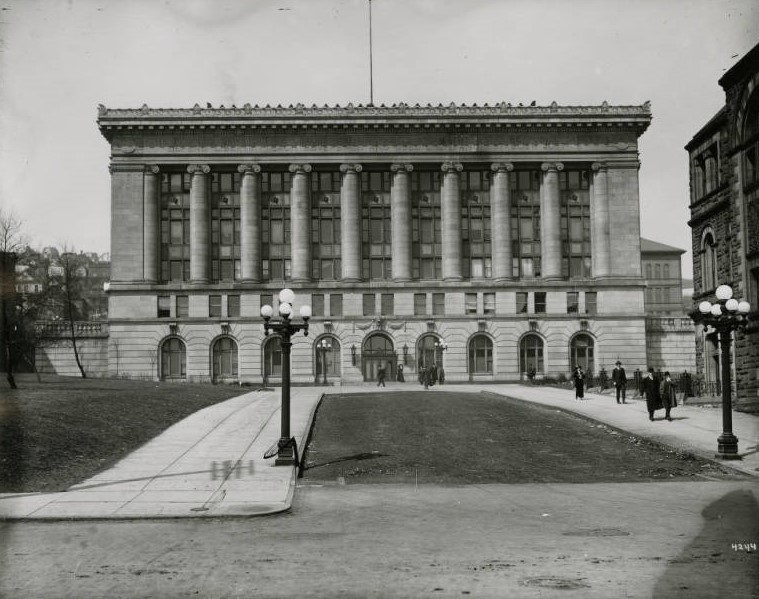
#7. Public official John Murphy was indicted and tried for smuggling alcohol in 1920. Which office did he hold?
Read more about the trial on the Zenith City website.
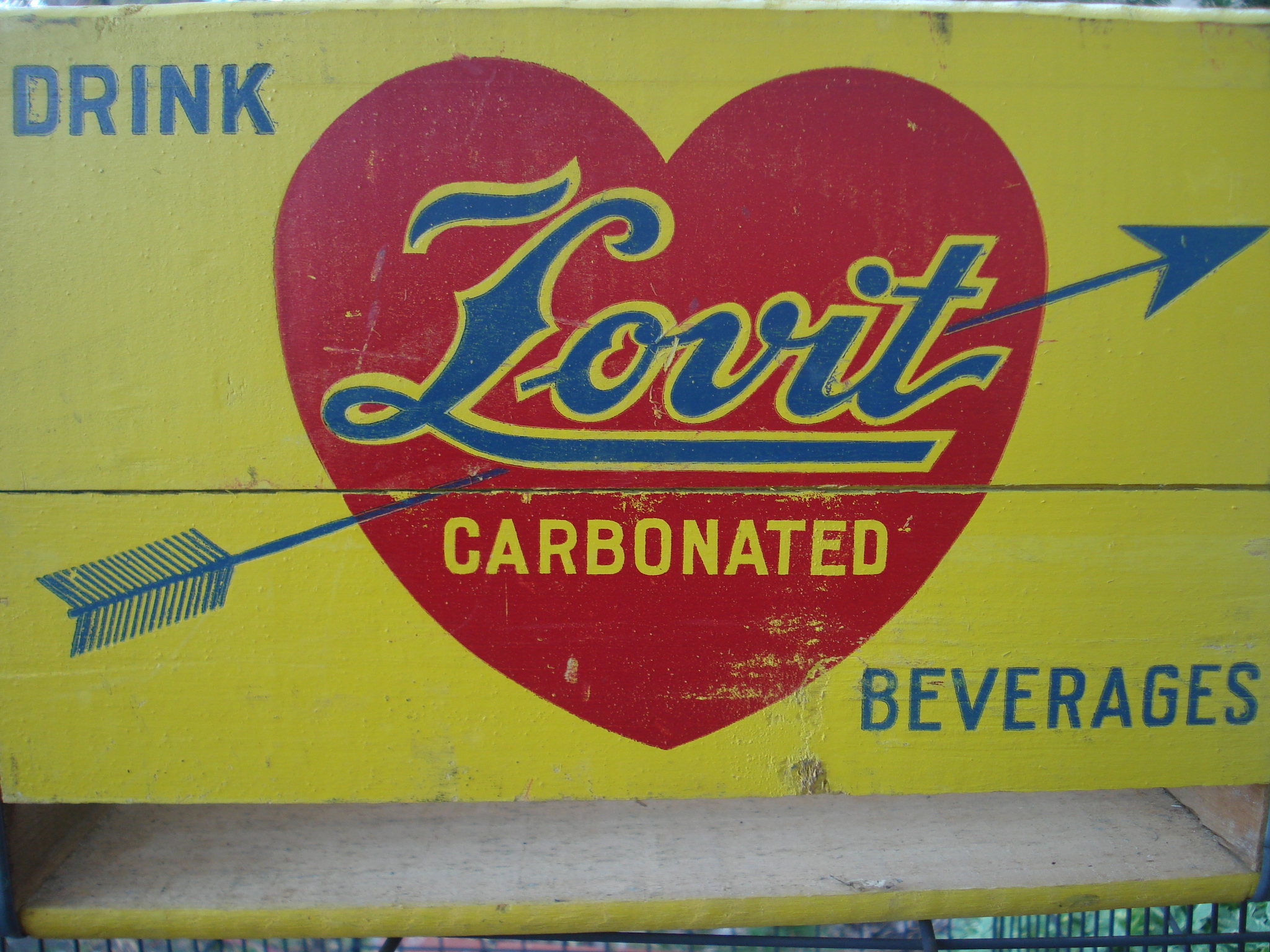
#8. During Prohibition, this brewery produced soda, near beer, and candies such as Flapper, Spark Plug, and Skookum.
Read more about the history of the brewery on the Fitger’s website.
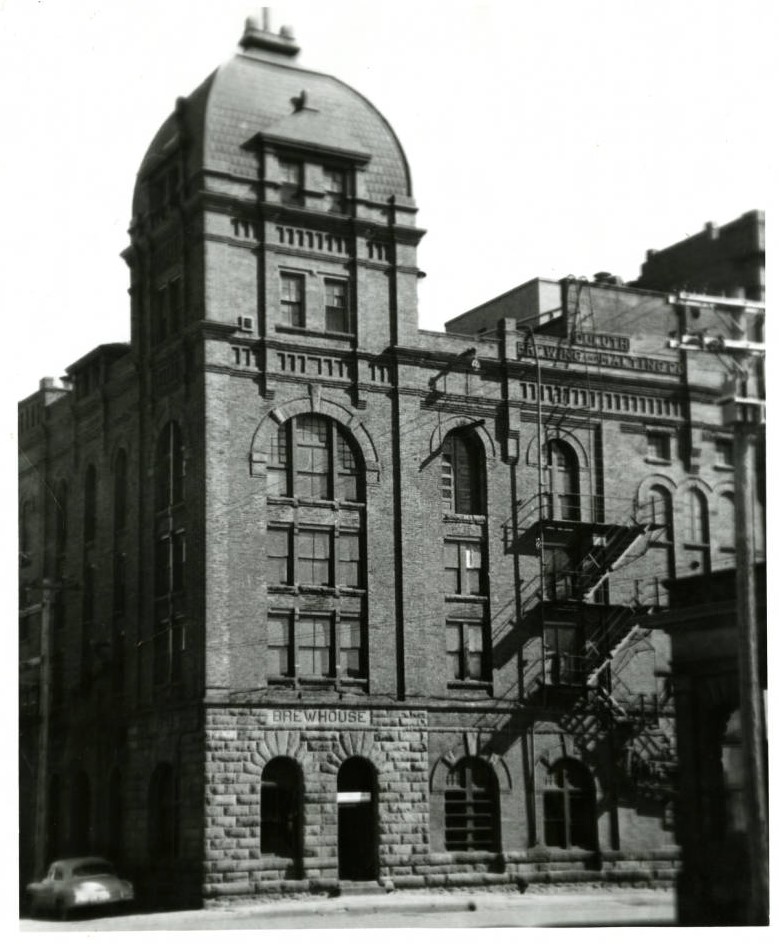
#9. During Prohibition, Duluth Brewing & Malting changed its name to what?
Duluth Brewing & Malting owners Charles Meeske and Reiner Hoch renamed the beverage division the Sobriety Company.
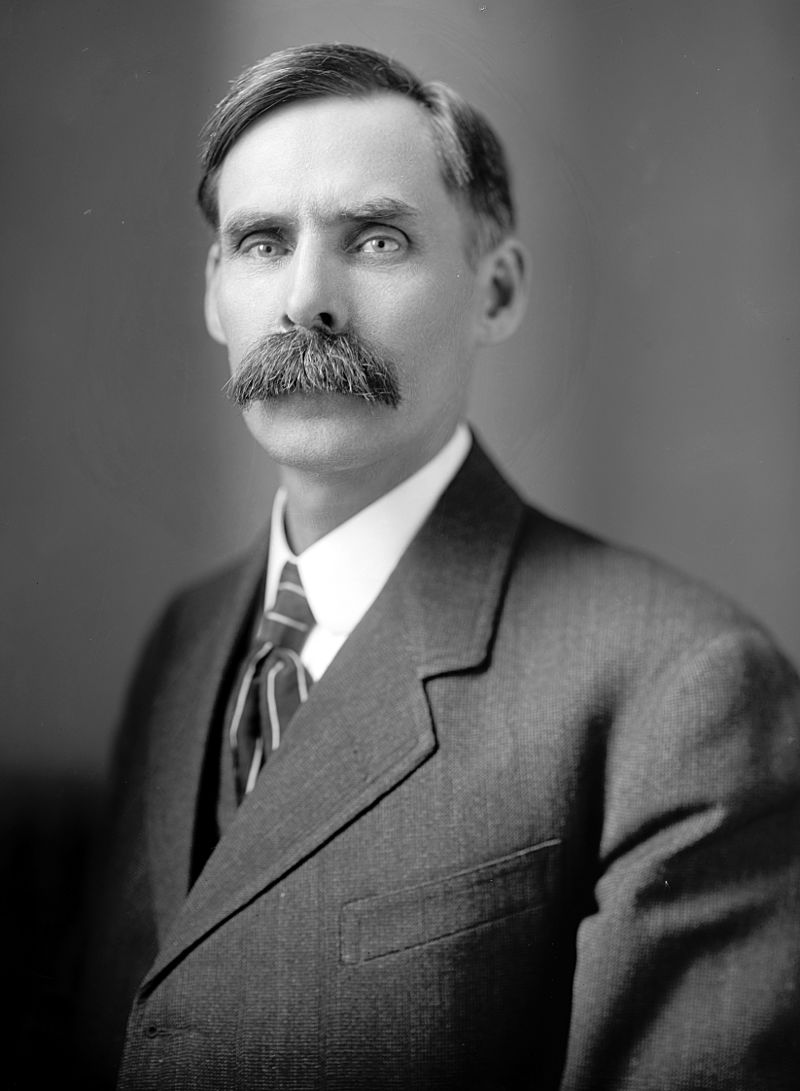
#10. The act governing the prohibition of alcohol was named after this Congressman from Minnesota’s 7th district, who sponsored the bill.
Read more about Andrew Volstead on the MPR News website.
Recommended Links:
Leave a Comment
Only registered members can post a comment , Login / Register Here


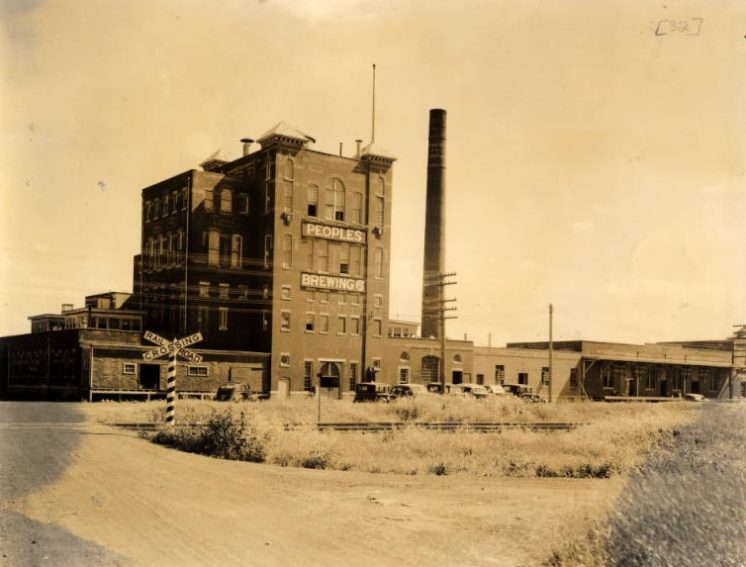















1 Comment
Helmut Flaag
about 5 years ago